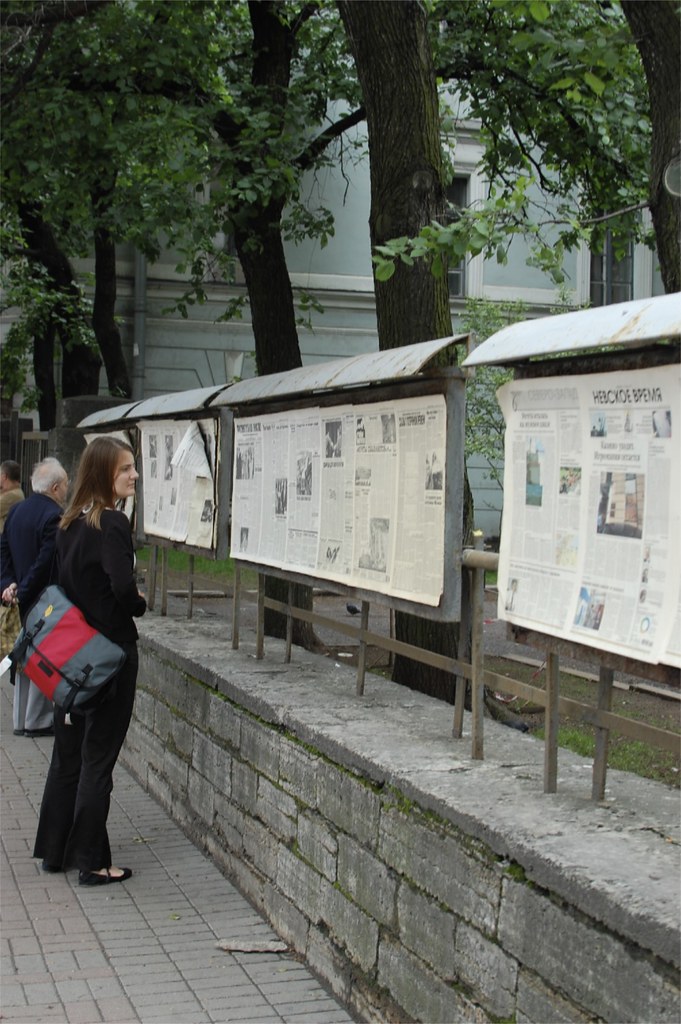The UPSC (Union Public Service Commission) does not have a specific syllabus for Tamil literature. However, the UPSC Civil Services Examination includes an optional subject paper where candidates can choose Tamil literature as their optional subject.
Here is a general outline of the syllabus for the Tamil literature optional subject in UPSC Civil Services Examination:
Paper I:
- History of Tamil Language and Literature:
- Ancient literature and Sangam literature.
- Medieval literature and Bhakti movement.
- Modern literature and literary trends.
- Ancient Literature:
- Tolkappiyam and other grammatical works.
- Sangam poetry and its classification.
- Sangam society, economy, and polity.
- Medieval Literature:
- Alwars and Nayanars.
- Siddha and Natha literatures.
- Bhakti and Virashaiva literature.
- Modern Literature:
- Growth of modern literature.
- Colonial impact on Tamil literature.
- Literary responses to social, political, and economic changes.
Paper II:
- Literary Forms:
- Poetry, prose, and drama in Tamil literature.
- Classical and contemporary forms.
- Sangam Literature:
- Themes and features of Sangam poetry.
- Sangam landscape, nature, and love in Sangam poetry.
- Medieval Literature:
- Bhakti movement and its impact on literature.
- Devotional literature in Tamil.
- Modern Literature:
- Literary trends and movements in modern Tamil literature.
- Impact of social reform movements on literature.
Candidates opting for Tamil literature as their optional subject should refer to official UPSC notifications and guidelines for any updates or modifications to the syllabus. Additionally, candidates should also consult the latest recommended textbooks and reference materials to prepare effectively for the examination.
The UPSC syllabus for Tamil literature as an optional subject is as follows:
Paper-I:
- Classical Tamil Literature:
- Sangam literature – its antiquity and unique features.
- Tolkappiyam – its salient features.
- Vatteluttu and Grantha scripts.
- Epigraphical literature.
- Medieval Literature:
- Bhakti and Saivaite literature.
- Virasaiva and Siddhanta works.
- Alvars and Nayanars.
- Jayamkondar’s works.
- Kamban and Ottakkuttan.
- Modern Literature:
- Impact of Christian missionaries.
- Works of Higginbotham.
- Theosophical and Dravidian movements.
- Tamil universities and research institutes.
Paper-II:
- Poetry:
- The classical tradition.
- The Kavya tradition.
- Modern trends.
- Folk poetry.
- Drama and Prose:
- Classical tradition.
- Medieval and Modern Trends.
- Women poets.
- Fiction:
- Short stories.
- The novel – beginnings and early trends.
- Literary Criticism:
- Classical tradition.
- Medieval and Modern Trends.
- Translation:
- Classical literature.
- Modern literature.
- Social relevance.
- Folk Literature:
- Ballads.
- Proverbs.
- Superstitions.
- Rituals.
It’s important to note that the UPSC syllabus may be subject to periodic updates, so it’s advisable to check the UPSC official website or relevant notifications for the most current and detailed information regarding the Tamil literature syllabus for the Civil Services Examination. Additionally, candidates should also refer to recommended textbooks and study materials for a comprehensive preparation.




